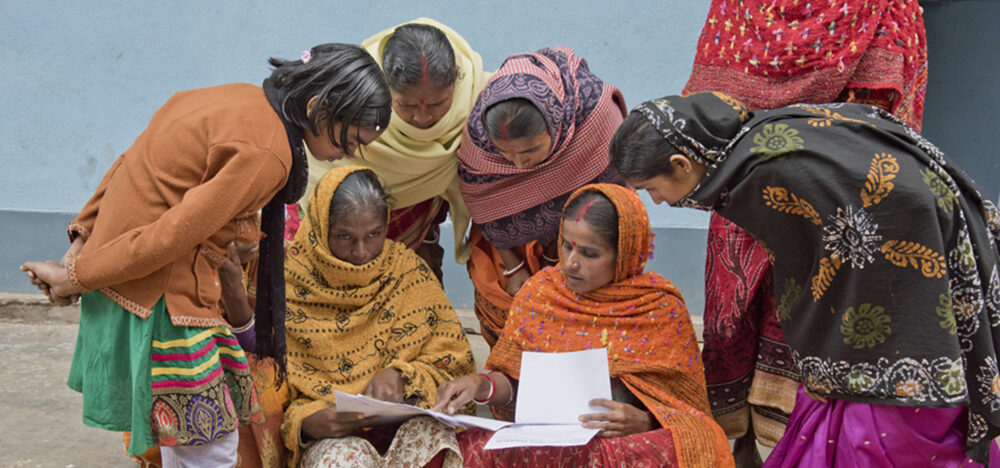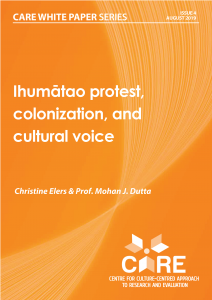CARE: Center for Culture-Centered Approach to Research and Evaluation is delighted to share this amazing article authored by Dr. Leon Salter, in The Conversation.

Dr. Leon, is leading CARE’s work on precarity, labour and digital futures. He is a 2021 recipient of the Ministry of Business, Innovation and Employment Science Whitinga Research Fellowship researching on, Examining the effects of the expansion of gig work on health and wellbeing in a post-pandemic economy at CARE, Massey University.
Dr. Leon is a spokesperson for TEAGA – Tertiary Education Action Group Aotearoa and also an Academic Delegate for the Massey University branch of the New Zealand Tertiary Education Union (TEU).
#Universities #Academics#JobSecurity #Precariat #casualisation #careers #CareerPath #NewZealandStories #AcademicPay #EarlyCareerResearchers #CARECCA #CAREMassey #MasseyUniversity #GigWork #GigEconomy


